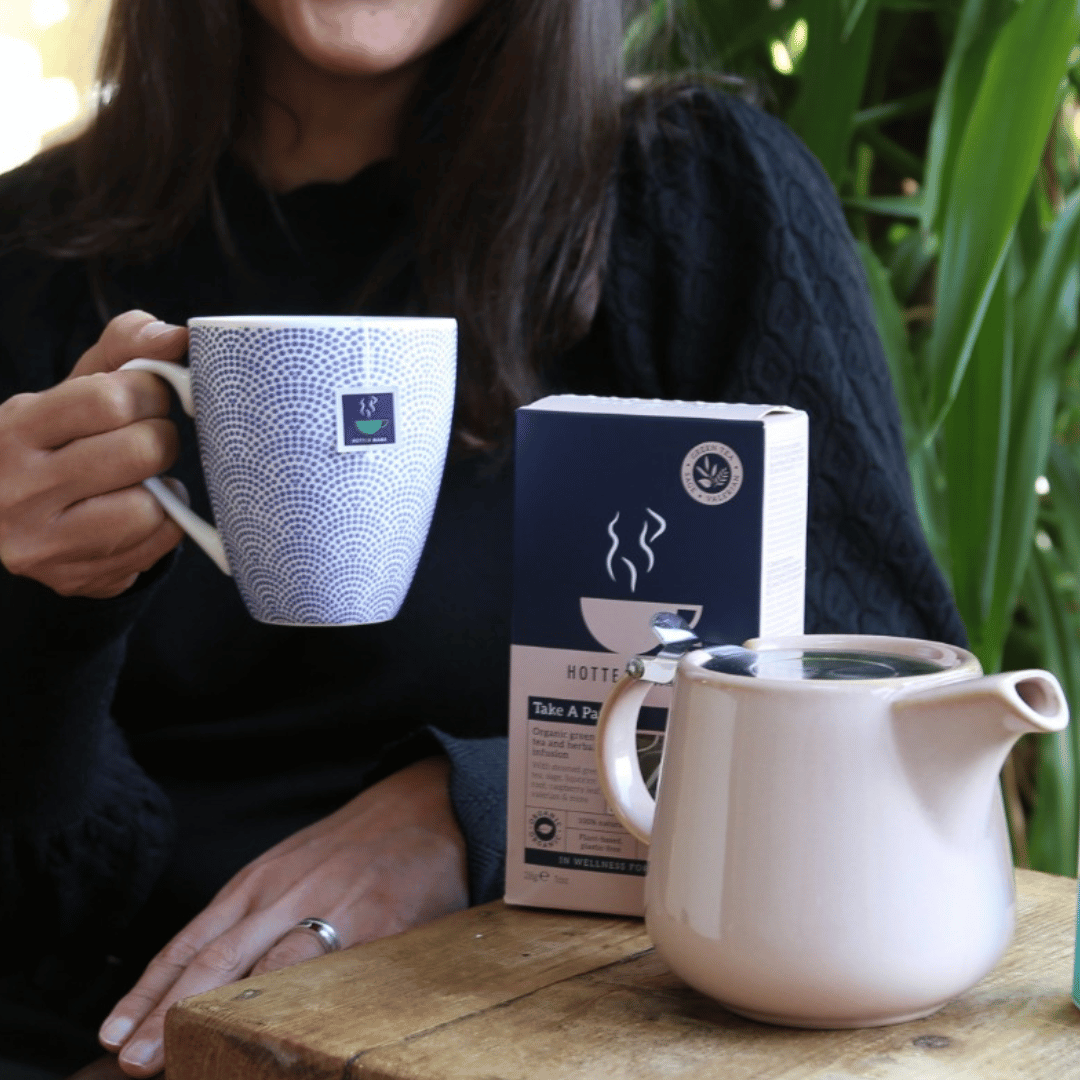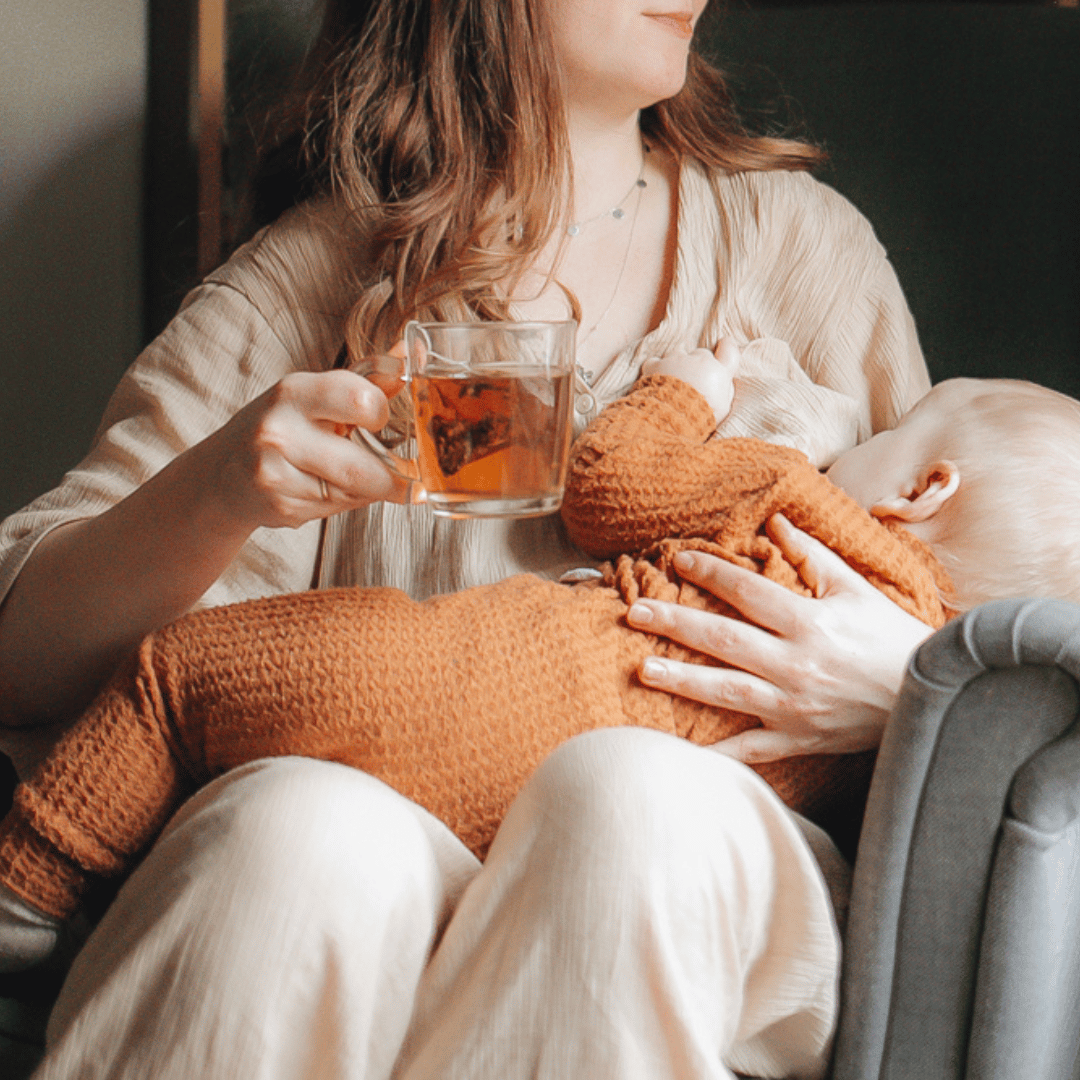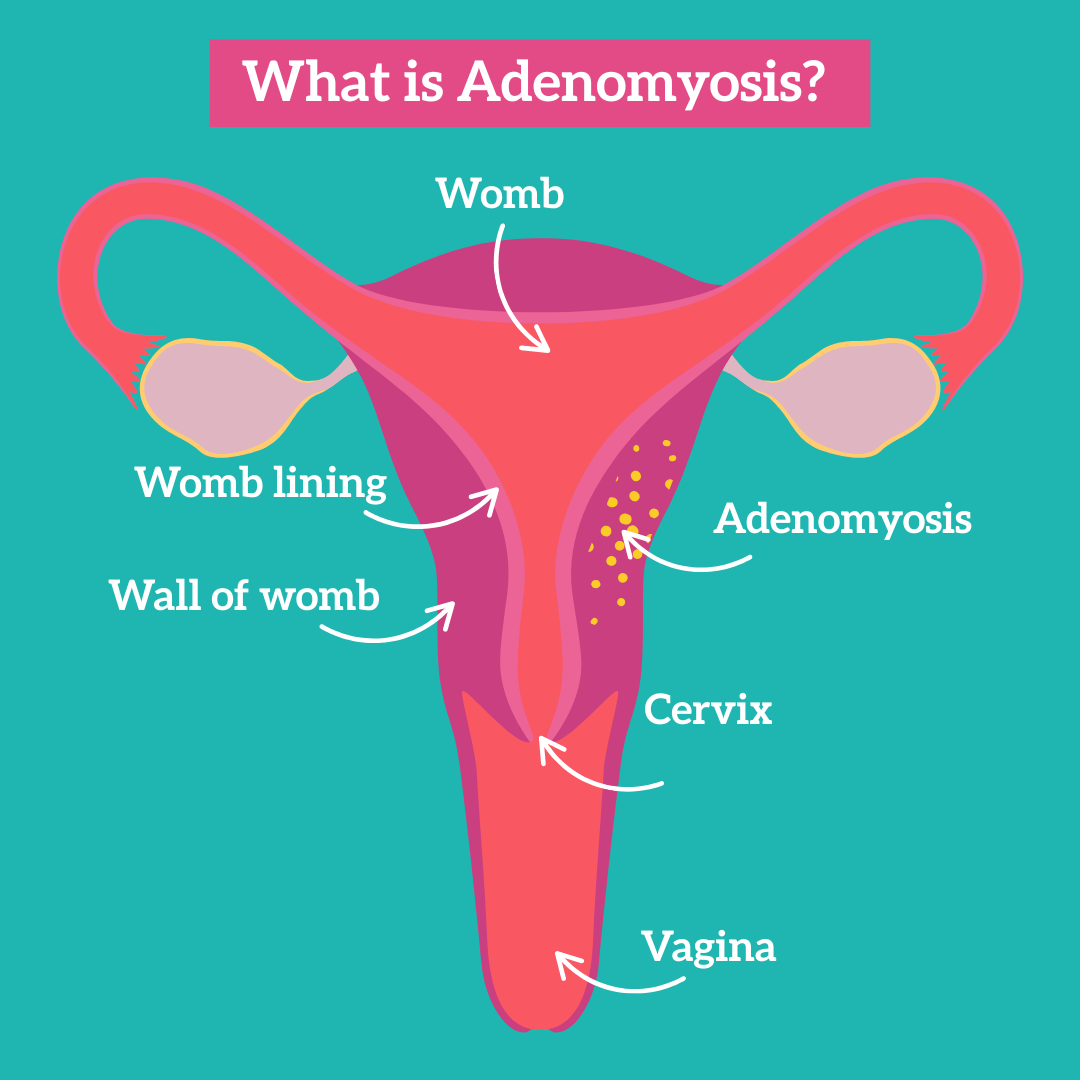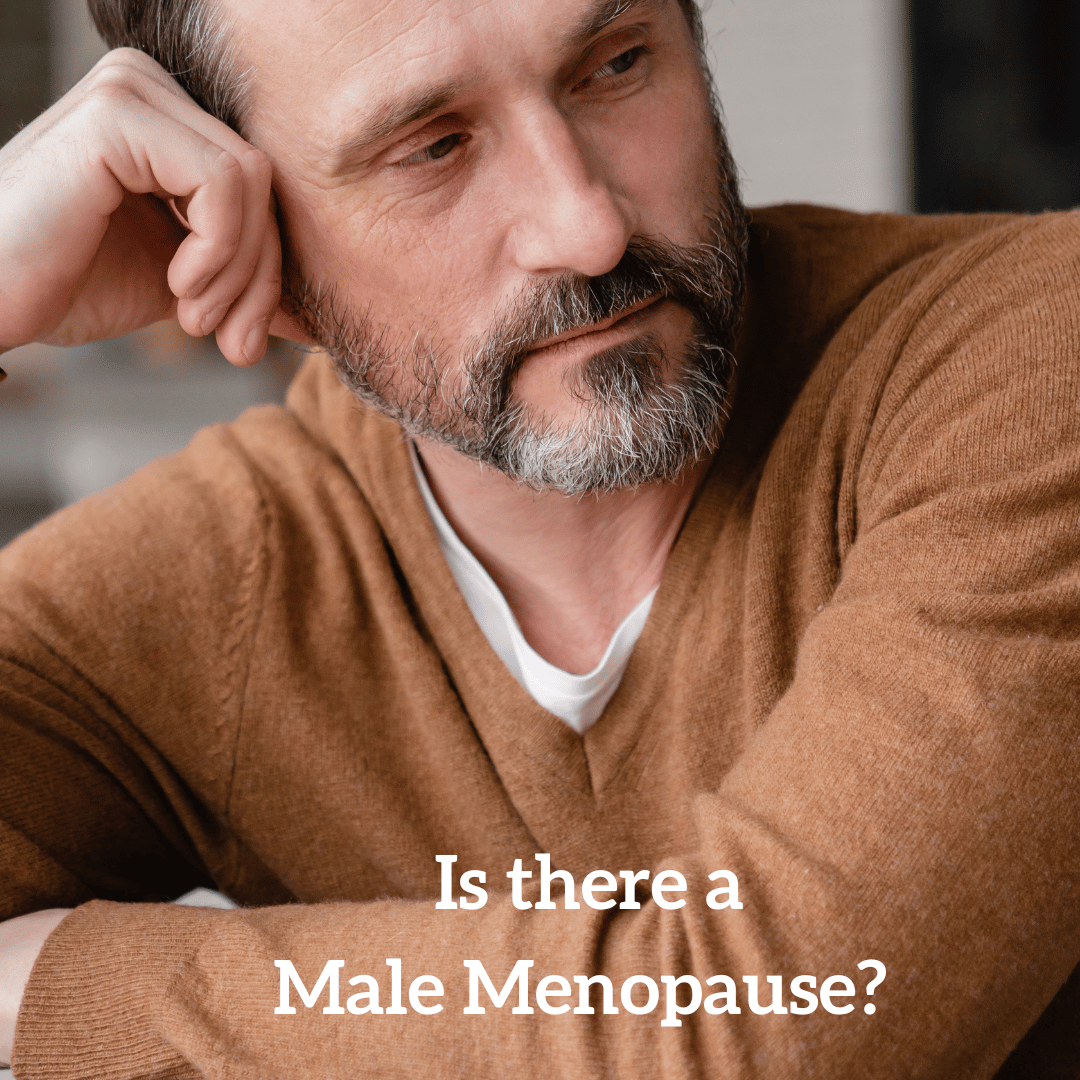What to expect Postmenopause

Postmenopause is the time after you have gone through menopause. It is when your menstrual cycle/periods have stopped for longer than twelve months. So you will no longer be ovulating (releasing eggs), and any of the menopausal symptoms you’ve experienced, will lesson or go away completely.
How long does postmenopause last?
Once you are postmenopause, you will be for the rest of your life. Your hormone levels will change, and you will no longer have periods.
Your ovaries will be making very little estrogen and progesterone by the time you're in postmenopause, and some people will still experience side effects from low hormone levels.
The average age to be in postmenopause is 51, but like perimenopause, there is no exact age where you are automatically so, as it varies from person to person, and is dependant on your menopause journey.
Symptoms of postmenopause
Most people in postmenopause experience some of the symptoms from menopause. The symptoms however, are usually less intense, and are caused by lower levels of reproductive hormones.
Symptoms can include:
- Hot flushes
- Night sweats
- Vaginal dryness
- Sexual discomfort
- Depression
- Changes in sex drive
- Insomnia
- Dry skin
- Weight changes
- Hot flushes
- Night sweats
- Hair loss
If your symptoms become more intense than during perimenopause, or interfere with your daily life, then book an appointment to talk to your GP, or healthcare provider. They can then rule out any underlying condition causing these symptoms.
Ways to support postmenopause symptoms
HRT can be an option short term, as there are health risks associated with hormone therapy like blood clots and strokes after aged 60. Some healthcare providers will not recommend using hormone therapy after menopause, if you already have other underlying medical conditions.
Antidepressants may be prescribed by your GP if you are suffering from mood swings or depression.
Vaginal creams & lubricants can help with pain related to sexual intercourse and vaginal dryness.
Regular exercise, meditation and other relaxing activities can help with depression and other side effects of postmenopause.
Diet - eating a diet rich in phytoestrogens (plant-based sources of estrogen) such as whole-grain cereals, flaxseed, chickpeas and legumes.
Reducing caffeine and alcohol intake has also been shown to help.
For further information and support visit the NHS, and The Menopause Charity websites.
Menopause tea collection




Comments